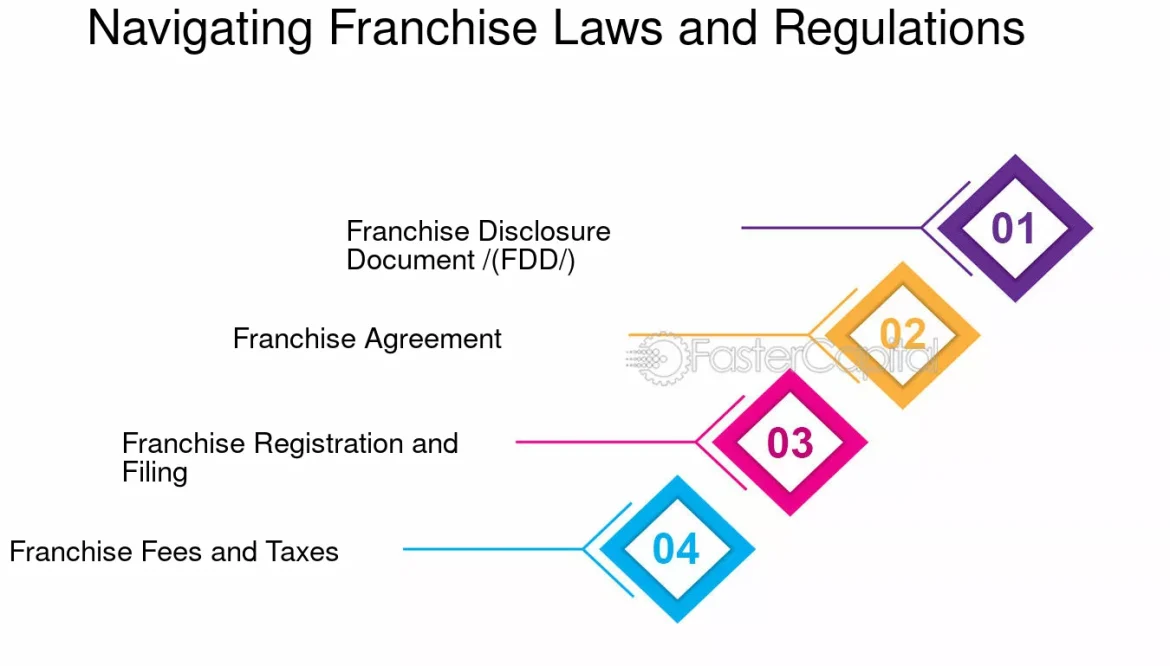Navigating Franchise Agreements: Legal Advice for Foreign Entrepreneurs
Expanding a business internationally through franchising is one of the most efficient ways to enter new markets while minimizing risk. For foreign entrepreneurs, Bulgaria is an increasingly attractive destination for launching a franchise due to its growing economy, low corporate tax rate, and strategic location within the European Union. However, the success of any franchise venture depends heavily on a firm understanding of franchise agreements and the legal responsibilities they impose.
A franchise agreement is a legally binding document that outlines the relationship between the franchisor (the brand owner) and the franchisee (the local business operator). It covers everything from fees and royalties to brand standards, training, and territorial rights. For foreign investors unfamiliar with local laws, navigating this document can be a real challenge.
First and foremost, it’s essential to understand that franchise agreements in Bulgaria, as in most countries, are typically standardized and heavily favor the franchisor. This is especially true for international brands with well-established systems. Therefore, it’s critical that foreign entrepreneurs seek specialized legal advice for franchisees before signing anything. A legal professional experienced in franchise setup in Bulgaria can help interpret the contract language, identify red flags, and negotiate better terms when possible.
Key areas to pay attention to include initial franchise fees, ongoing royalty payments, and marketing contributions. These should all be clearly specified in the agreement. Hidden costs or ambiguous clauses about additional payments can create financial strain later. It’s also vital to understand the franchisor’s obligations—such as training, support, and access to supply chains—as well as the franchisee’s duties, including adherence to brand standards and performance metrics.
Another critical section is the territorial clause. Some franchisors offer exclusive territorial rights, while others allow multiple franchises to operate in close proximity. If you’re investing significant capital into launching the business, you’ll want some form of territorial protection to prevent market saturation and unfair competition.
Foreign entrepreneurs should also be mindful of termination and renewal terms. Under what conditions can the franchisor terminate the agreement? Is there an automatic renewal option, or does the franchisee have to requalify? What happens to your investment if the contract is not renewed? These questions are often overlooked in the excitement of launching a new venture but can be decisive in the long run.
Bulgaria does not have a separate law regulating franchising. Instead, franchise agreements fall under general contract law. This means the wording of the agreement becomes even more important, as there is little legal fallback in case of disputes. That’s why having a well-drafted contract in line with both local regulations and international franchise standards is crucial.
If the agreement is governed by foreign law—common for big international brands—it’s important to understand the implications this might have on resolving disputes. Which courts will have jurisdiction? Is arbitration required? Legal advice here is essential because cross-border disputes can be time-consuming and expensive, especially if you are unfamiliar with the foreign legal system.
Another layer to consider is compliance with local business setup procedures. Foreign investors may need specific licenses or registrations to operate legally. Setting up the correct legal structure for your franchise—whether as a sole proprietorship, limited liability company, or other entity—also has implications for taxes, liability, and hiring.
A successful franchise in Bulgaria requires more than a recognized brand and a good location. It depends on careful planning, contractual clarity, and local legal expertise. Entrepreneurs who invest time in understanding their franchise agreement and adapting to the Bulgarian legal environment are far more likely to achieve sustainable growth.
In summary, franchising agreements are the backbone of any franchising venture, and understanding their legal intricacies is especially important when operating in a foreign market. For foreign entrepreneurs eyeing Bulgaria, working with local legal counsel, reading the fine print, and ensuring proper setup from day one can mean the difference between thriving and merely surviving in the franchising world.
Search for a good accountant in Varna. It is important to search for Masters in Central and Eastern Europe if you have some interest in this sphere.
